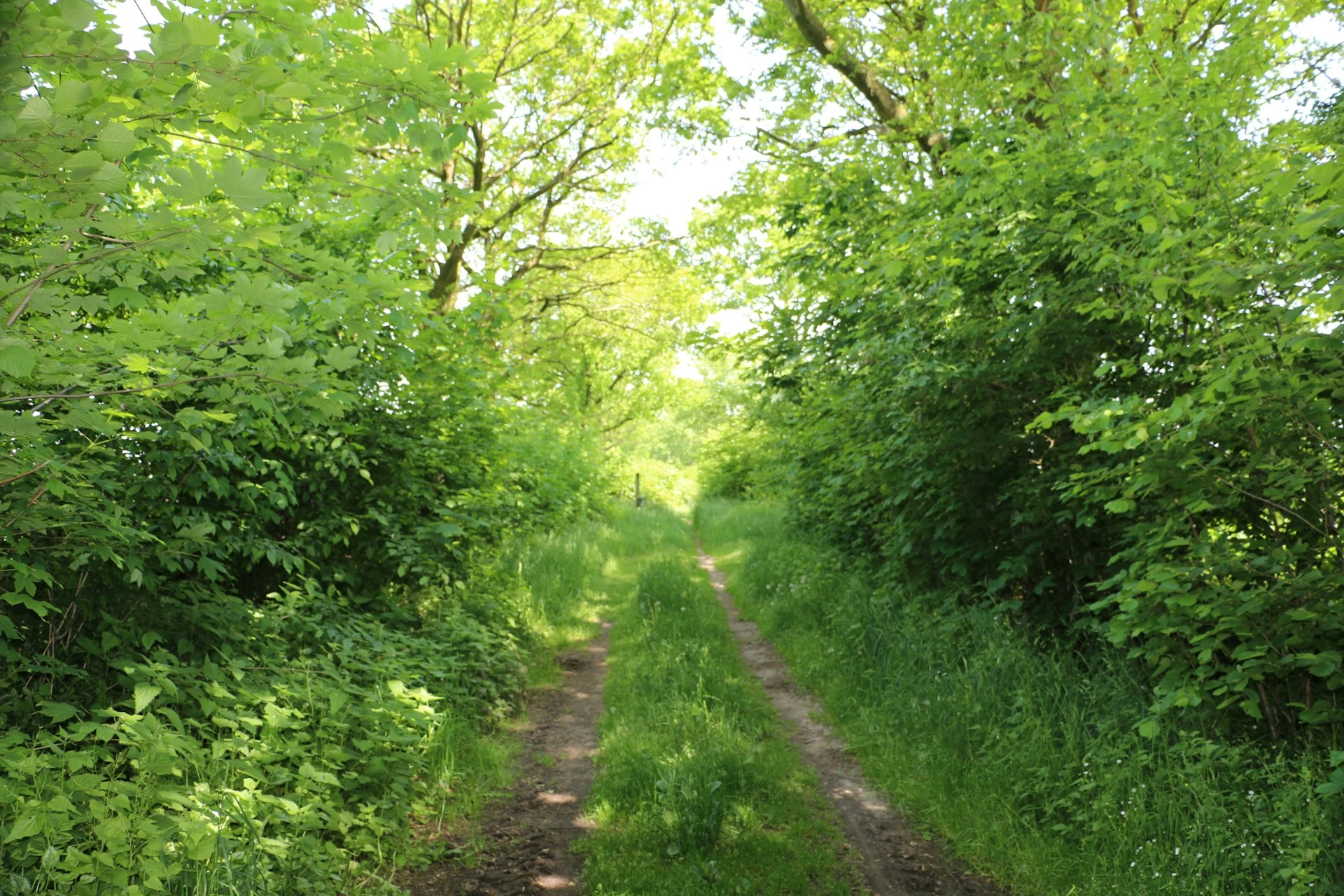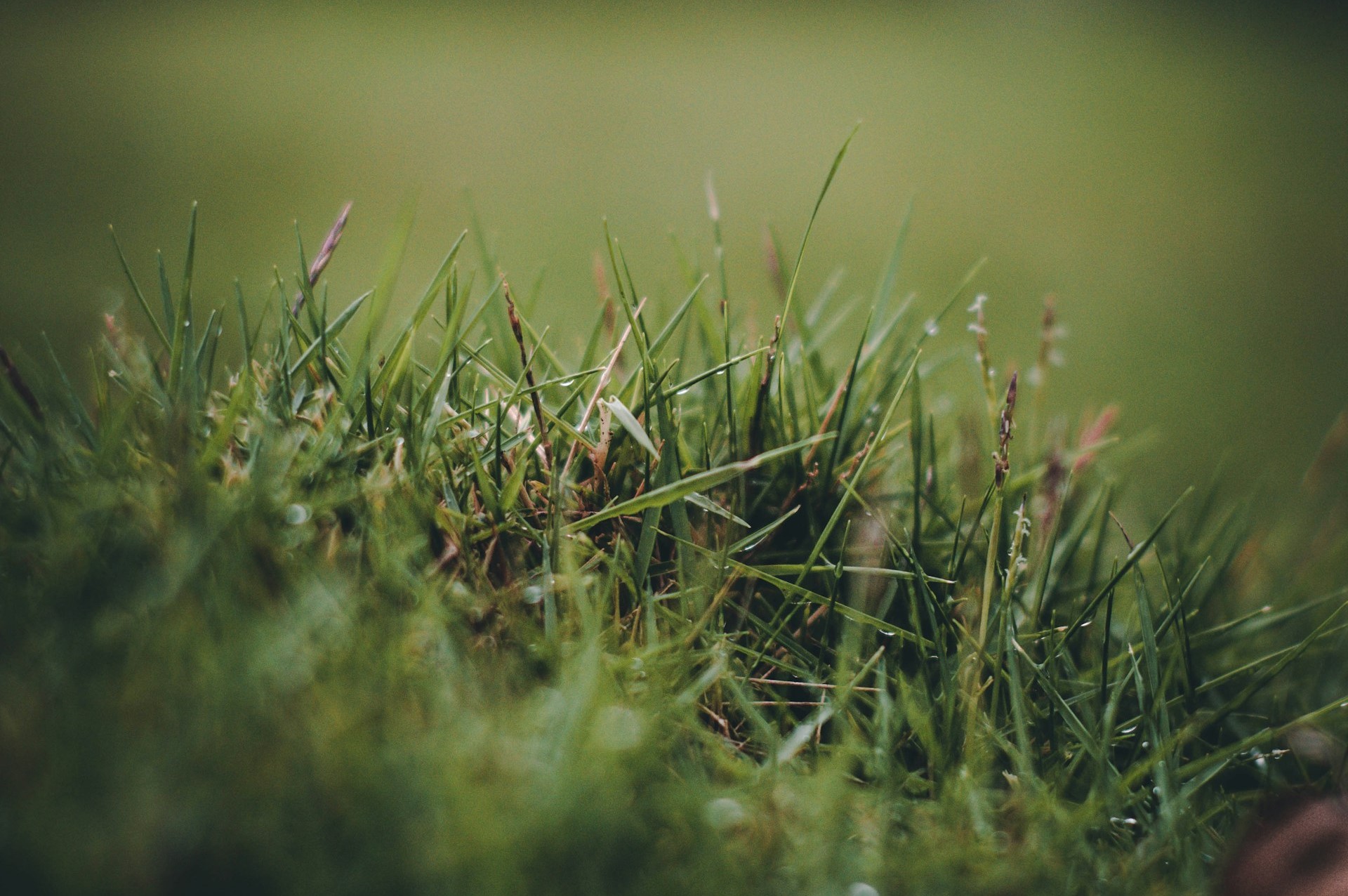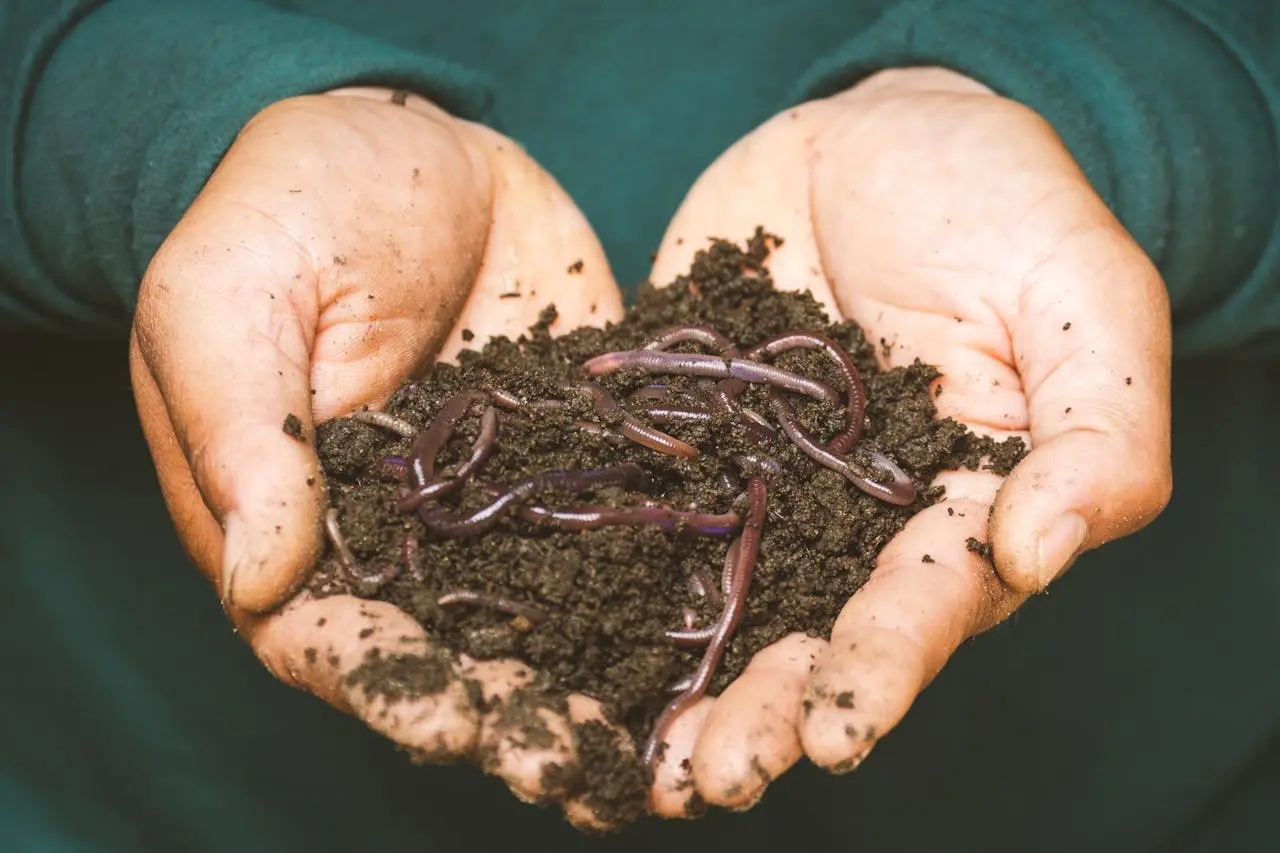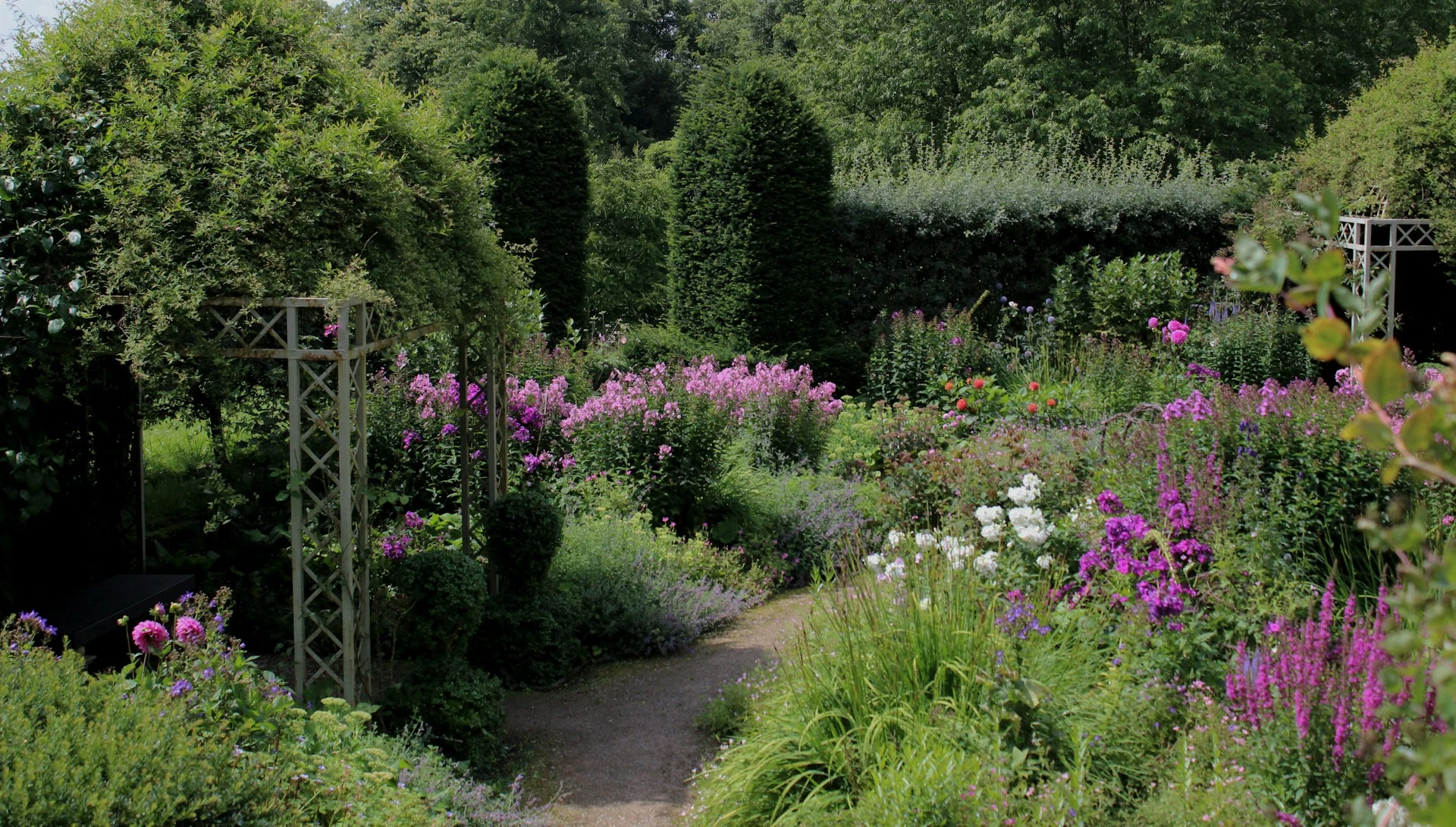In this blog post, we’ll cover:
ToggleHow to Identify and Avoid Dangerous Plants in Texas
Texas is home to a remarkably diverse range of climates and ecosystems, from arid deserts to humid swamplands. This varied environment allows many types of plants to thrive, including some that can be quite dangerous to humans and pets if touched or ingested. Being able to identify hazardous plants is crucial for staying safe while enjoying the natural beauty of the Lone Star State.
An Overview of Dangerous Plants in Texas
With over 5,000 native and naturalized plant species, Texas hosts its fair share of poisonous plants. Some dangerous plants like poison ivy or poison oak are fairly common, especially in east Texas, while others like jimson weed may be less widely recognized. Exposure can cause reactions ranging from minor skin irritation to severe pain, gastrointestinal issues, or even death in extreme cases.
Knowing how to identify hazardous plants and being aware of the potential risks is vitally important. Resources like the Texas Poison Center Network provide critical information and assistance for poison exposures across the state. Education and vigilance are key to keeping yourself, loved ones, and pets safe from dangerous flora when enjoying the great outdoors of Texas.
Recognizing Key Dangerous Plants in Texas
Learning how to identify hazardous plants is the first line of defense against exposure. Here are some of the most common and dangerous plants found in the state of Texas:
Poison Ivy

Poison ivy (Toxicodendron radicans) is a flowering vine plant with an irregular leaf pattern. It can typically be identified by its smooth green leaves that grow clusters of three. Poison ivy thrives along the edges of wooded areas, fields, trails, fences, and backyards across most of Texas. Even slight contact with any part of the plant can cause an intensely painful rash in most people. The reaction develops 8-48 hours after exposure and can last 2-3 weeks. Calamine lotion, oatmeal baths, and over-the-counter hydrocortisone cream help manage symptoms of poisoning.
Poison Oak
Closely related to poison ivy, poison oak (Toxicodendron diversilobum) can be found in central, east, and west Texas. This shrub has the same three-leaf growth pattern as poison ivy. The leaves are deeply lobed with hairy undersides. Reactions are identical to poison ivy, causing severe skin inflammation, swelling, and itching. Carefully scrub the affected area with lukewarm, soapy water immediately after contact. Over-the-counter antihistamines and topical hydrocortisone provide relief from symptoms.
Poison Sumac
Poison sumac (Toxicodendron vernix) is a shrub or small tree reaching up to 20 feet tall found predominantly in swamps and wetlands in east Texas. Greenish-white berries at the stem’s end help identify this plant. All parts of poison sumac contain a potent toxin called urushiol that can cause painful rashes, swelling, and blisters with the slightest contact. Seek medical attention immediately if you experience fever, difficulty breathing, or swelling in the affected area.
Poison Hemlock
Poison hemlock (Conium maculatum) is an invasive plant with fern-like green leaves and tall spikes of small white flowers which give off a sweet, unpleasant odor. All parts of this plant are extremely toxic to humans and animals. Ingesting even small quantities can result in stomach pains, muscle weakness, breathing issues, seizures, coma, and even death without urgent medical treatment.
Dangerous Plants for Pets in Texas

Some plants pose a particular threat to curious pets who may chew on or ingest different parts of the plant if given access. Here are a few hazardous plants to watch out for if you have dogs or cats:
Sago Palm
Sago palm (Cycas revoluta) is a common landscaping plant in Texas. All parts of the sago palm are toxic, but the seeds (nuts) are the most dangerous. Pets who ingest sago palm seeds can experience vomiting, diarrhea, seizures, liver failure, and death. Seek emergency vet care immediately if poisoning is suspected.
Oleander
Oleander (Nerium oleander) is an ornamental shrub with pretty white or pink flowers found across Texas. All parts of the plant contain cardiac glycosides that can cause serious effects if eaten, including abnormal heart rate, hypothermia, diarrhea and death. Seek vet care immediately if you suspect oleander poisoning.
Texas Mountain Laurel
Texas mountain laurel (Sophora secundiflora) is an evergreen shrub with clusters of fragrant, purple flowers. The seeds and leaves of this plant contain potent alkaloids that can cause excessive salivation, vomiting, diarrhea, tremors and seizures if eaten. Seek emergency vet care if poisoning is suspected. Prevent access to the plant by pets when possible.
Invasive Plants in Texas
Some non-native plants have been introduced and spread aggressively across Texas landscapes, causing ecological and agricultural harm. Here are two dangerous invasive plants to eradicate from your property when possible:
Giant Reed
Giant reed (Arundo donax) is an extremely invasive grass that forms dense stands along waterways, displacing native plants and altering flood patterns.
Identification clues: Can grow over 20 feet tall, with feathery flower spikes that appear in late summer. Carefully treat and remove giant reed with approved aquatic herbicides to prevent regrowth.
King Ranch Bluestem
King Ranch bluestem (Bothriochloa ischaemum) is a perennial grass introduced as cattle forage and for roadside planting. It has aggressively invaded Texas pasturelands and prairies, displacing native plants. Identify by the “turkey foot” shape of flower/seed heads. Manage through repeated mowing and herbicide treatments.
Allergenic Plants in Texas
Some Texas plants release pollen or oils that cause severe allergic reactions in sensitive individuals, especially during spring and fall. Common allergenic plants include:
Ragweed
Ragweed pollen is highly allergenic. Symptoms like sinus congestion, runny nose, sneezing and skin rashes start in early spring. Removing ragweed plants from your landscape can provide relief.
Mountain Cedar
Mountain cedar (Ashe juniper) pollen causes most winter allergies in central Texas from December through February, commonly called “cedar fever”. Antihistamines, decongestants, and immunotherapy can help control symptoms.

Additional Toxic Plants in Texas
Many other common plants in Texas landscapes can also pose risks to kids and pets if ingested, including:
- Buttercup
- Lily of the Valley
- Holly
- Larkspur
- Azaleas
- Morning glory
- Texas bull nettle
- Elephant ear
How to Keep Safe from Hazardous Plants?

The best approach is to be able to identify dangerous plants and ensure everyone avoids contact when outside. Teach children and supervise pets when playing in yards and green spaces where hazardous wild plants may grow.
What to Do if Exposed to Toxic Plants in Texas?
If you or a family member develops symptoms suggesting exposure to a dangerous plant in Texas, take these immediate steps:
- Carefully wash exposed skin with soapy and lukewarm tap water to remove oils that can cause rashes.
- Remove contaminated clothing and isolate to prevent further contact.
- For severe cases such as reactions, ingestion, or breathing issues, call 911 or the Texas Poison Center Network hotline at 800-222-1222 for life-saving assistance. Symptoms requiring emergency care include:
- Seizures
- Intense pain
- Intense rash
- Difficulty breathing
- Speech difficulties
- Tongue inflammation
- Uncontrolled bleeding
- Altered mental state
- For minor skin irritation, over-the-counter hydrocortisone creams, oral antihistamines, and cold compresses can help manage symptoms. Avoid scratching as it can worsen reactions.
Seek follow-up medical care if symptoms persist or worsen. Prompt, proper treatment is key to minimizing health impacts from the diverse array of dangerous plants found in the state of Texas.
Avoiding Hazardous Plants in Your Texas Landscape
You can landscape your Texas property for beauty without the risks of dangerous plants. Here are some key tips:
- Correctly identify all plants already on your property and safely remove any known toxic/invasive plants.
- Check for hidden hazards like poison ivy or poison oak along fence lines, trees, and structures. Carefully remove any hazardous growth.
- Select only non-toxic, native Texas plants when landscaping yards, gardens, and outdoor areas. Avoid known dangerous ornamentals like oleander or sago palm.
- Supervise children and pets when playing outside to prevent contact with or ingestion of hazardous plants.
Staying Safe: Key Takeaways and Safety Tips
Texas hosts a wide variety of plant life, but some native and introduced plants can pose serious health hazards. Learn how to identify dangerous plants commonly found in the Lone Star State like poison ivy, poison hemlock, and Texas bullnettle so you can admire nature’s beauty safely. Seek emergency care immediately if you suspect exposure or ingestion of hazardous plants. Stay vigilant and educate others to prevent injuries when enjoying the great Texas outdoors. Resources like the Texas Poison Control or Texas Poison Center Network provide live assistance for poison exposures 24/7.
Looking for Expert Lawn Care Services in the Dallas–Fort Worth Metro Area?

Are you in search of top-tier lawn care services within the Dallas–Fort Worth metroplex? Look no further than The Friends Lawn Care Services! Our expertise extends beyond the basics, offering comprehensive solutions tailored to both residential and commercial needs, including lawn maintenance, landscaping design, sod installation, sprinkler installation, and repair, among other specialized services.
Our team at The Friends Lawn Care Services prides itself on exceptional workmanship and unparalleled customer service. We understand the importance of a well-maintained lawn, not just for its aesthetic appeal but also for the health and vitality of your outdoor space. That’s why we’re committed to delivering results that exceed your expectations, ensuring your lawn is vibrant, lush, and beautifully manicured.
Why Choose The Friends Lawn Care Services?
- Comprehensive Solutions: From routine lawn maintenance to elaborate landscaping projects, we’ve got all your needs covered under one roof.
- Expert Team: Our professionals are highly skilled and trained to handle the unique challenges of lawn care in the DFW area, employing the latest techniques and equipment.
- Customized Services: We understand that every lawn is different. That’s why we offer personalized service plans designed to meet the specific needs of your property.
- Satisfaction Guaranteed: Your satisfaction is our top priority. We strive to ensure that every job is done right the first time, but we’re always ready to address any concerns and make necessary adjustments.
Whether you’re looking to breathe new life into your lawn, maintain its current beauty, or embark on a complete landscaping overhaul, we’re here to help. Our goal is to make your vision for your outdoor space a reality, enhancing the curb appeal of your property and creating a welcoming environment for you and your guests.
Get in Touch with Us Today!
Ready to transform your lawn into a picturesque landscape? Give us a call now at (214) 885-3818 or request a free quote through our website. Our friendly team is eager to discuss your lawn care needs and outline how we can make your outdoor space thrive. Let The Friends Lawn Care Services be your partner in achieving the perfect lawn in the Dallas–Fort Worth metro area.







